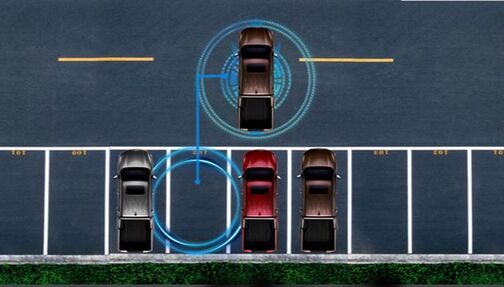|
So far, all our discussions and explorations are based on the assumption that BEV is indeed the answer to future clean mobility. We base our assumption on several key factors:
There is no technology so far that can potentially outperform the BEV; All major automotive manufacturers have or are making major investments into electrification, most of them making do-or-die bets; we still staunching hold on to the belief that battery technology will continue to improve exponentially and that the energy density will go up significantly while at the same time costs will come down significantly as well; Governments all over the world have made commitments to BEV and phasing out the fossil fuel vehicles. What if - just what if - the BEV is not the answer? What if a new technology comes along within the next 5 years to challenge the BEV? What if the BEV production cost remains high, and that the price parity to the ICE cannot be achieved? What if, owing to geopolitical tensions, raw material sourcing for batteries become near impossible or prohibitively expensive, and that international conflicts result in a collapsing power grid which forces governments around the world to abandon the car electrification objectives? Some people have made references to the early automotive years where battery was the first power source before being replaced by the engine due to the limitations of the BEV. Could history repeat itself and the same thing happens again, where we are back to ICE and governments around the world take and wait-and-see approach for a better technology to come along? Such a question is of course very provocative, but in my opinion very unlikely to happen. There really is no other competing options to the BEV at this point of time. Even if there is a budding new technology now that shows signs of potentially challenging the BEV, the development process will take decades. On top of that, automotive production planning and design takes at least 5-10 years depending on the strengths and capabilities of the automaker, so the automotive manufacturers' commitments today will really only fully take shape in about a decade from now, so like a massive vessel, it does not change course in a split second. In fact, to change the course away from BEV today will take decades. Moreover, the battery technology is developing fast and more abundant minerals are being studied to hold charge and lighten both the weight and cost of the batteries. In any case, the ICE will still be around for quite some time, and during this period the ICE itself will go through a process of refinement and more efficient ICE drive trains will continue to be introduced, until such time where the BEV becomes mature and reaches price parity with the ICE and when the charging infrastructure reaches a level of adequacy then we shall see the gradual demise of the ICE vehicles.
0 Comments
|
|


